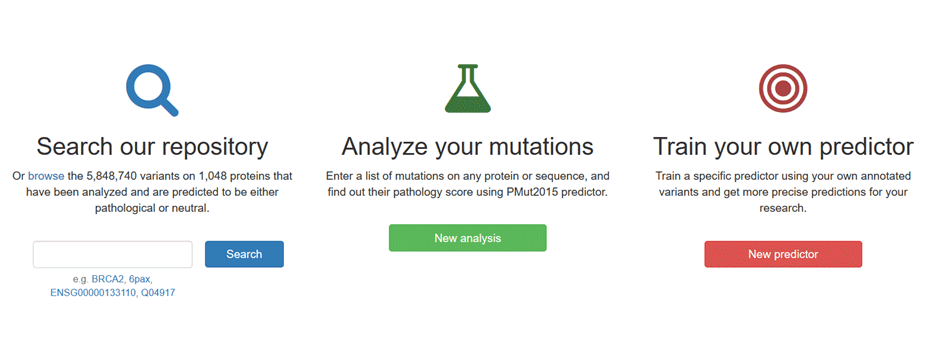Bioinformatics
-

Biological data integration and management
Present bioinformatics faces a exponential growth of data. Genomics, clinical records, or simulation data accumulate terabytes of data that require to find new ways of storage or data transmission, the adaptation of analytical tools, and efficient ways to present results.
-

Computational infrastructures for biomolecular research
E-infraestructures are becoming increasingly necessary to provide a computational basis for research communities. Computational infrastructures should combine efficient ways of managing data, and also provide workflow execution a different levels, from local clusters, to supercomputers.
-

Functional consequences of genetics variants
The understanding of the functional consequences of genetic variants is key to evaluate their influence in diseases, and their possible implication for diagnosis or the design of treatment.
-

Network Biology
Investigation of AI/ML approaches for the analysis of complex biological networks, in the fields of epigenomics, ontology constructions and diseases associations (comorbidity).
-

Personalized Medicine Initiative
This research line encompasses the development of different strategies and approaches to improved personalized diagnosis of disease, as well as treatment selection for particular patients, based on their individual characteristics.
-

Scientific and Social impact
Social impact of scientific research is becoming an essential topic of investigation, since it allows to explain science in a approachable way for society.
